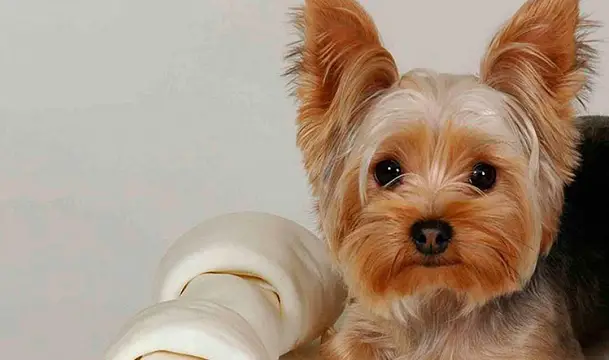What matters is the breeder’s attitude, behavior, and interest in choosing a good family for his puppies. Attention should be paid to how well the breeder takes care of the breeding animals and puppies, whether the room where the animals are kept is clean, and whether the breeder gives advice on grooming.

If a breeder offers puppies under 12 weeks of age, then he, most likely, pursues the goal of earning money, without thinking about the future fate of the animals. If such a puppy falls into the hands of an inexperienced owner, then there is a risk of death of the baby as a result of improper care. Little Yorkies are prone to hypoglycemia when blood sugar levels drop, and babies will also experience extreme stress when they are weaned prematurely.
When choosing a show-class baby for the purpose of participating in exhibitions and breeding in the future, the age of 5 months or more is considered optimal for purchase.
Babies must be mentally and physically healthy. Puppies’ behavior says a lot about the health of the puppies. Healthy, normally developing Yorkshire Terrier puppies are active and agile, with good coordination. When interacting with a person, babies do not show shyness or aggression. If the baby does not have a stable gait, he orients himself strangely in space, then there is a possibility of neurological diseases. There should be no external signs of diseases (worms, ear infections) and signs of poor care.
Some future owners, when choosing a Yorkshire Terrier puppy, pay attention to the color. The real Yorkie has a dark steel-bluish coat. However, in puppies, coat color develops gradually as they grow older. Females may have a lighter coat color. Chocolate, tricolor Yorkies cannot be sold as purebreds, much less used inbreeding.
In order not to be mistaken in choosing a high-quality and healthy Yorkshire Terrier puppy, you should carefully evaluate the parents. For parents, the backline should be straight, without deflections, and the legs should be straight.
When choosing a Yorkshire Terrier puppy, you should pay attention to the puppy’s appearance and behavior. If you need a dog with silky long hair, it is important to evaluate the exterior of the mother and father. Parents’ coats should be shiny, smooth to the touch. And although it is difficult to independently determine what type of coat a grown-up puppy will have (even experts are wrong), preliminary predictions can be made by evaluating the coat of the parents.
When it comes to height, it is impossible to predict what size the puppy will grow up to. Some babies grow rapidly and gain weight up to 4-5 months, then their physical development slows down and by the year they grow insignificantly. Even by looking at the parents, it is impossible to guarantee that the matured puppies will be the same size. If the family has children, it is advisable to get a larger dog to avoid accidents. Small dogs are fragile creatures, and children are sometimes careless when they come into contact with animals. Some breeders, worried about their pets, do not give Yorkies to families with children under 5 years old.
Yorkshire Terrier Puppies for Sale: How Much?
The price of various factors, in particular the pedigree, the quality of the parents; the quality of the exterior of the puppy itself (usual females are more expensive than males when it comes to showing specimens); wool (the more the exterior is close to the standard, the higher the price); (smaller dogs are in high demand, so breeders overpriced them).
Good puppies cannot be cheap. The breeder invests a lot of effort, time, and money in obtaining healthy offspring, which also affects the final cost of the dog. Food, veterinary services, paperwork, care products – all this requires financial costs. Thus, the cost of a show-class Yorkshire Terrier can be $2,500USD. A pet-class puppy can be bought for up to $1,200USD.
